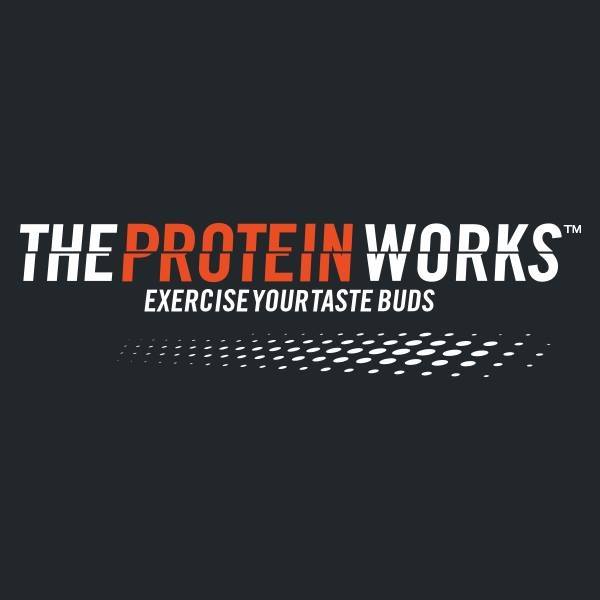
How to Fight Fatigue
Firstly it’s important to note that fighting and preventing fatigue is best done months before in the gym with hours of muscular endurance and cardio respiratory specific training that challenges both your aerobic fitness and lactate threshold. But having said this, studies reveal there are also certain supplements that could help when taken prior to a fight. Here the sports scientists from THE PROTEIN WORKS look at the research surrounding Fatigue Fighting supplements and explain how adding them to your supplement cupboard could improve the intensity with which you fight.
Supplement # 1: Beta Alanine
At Florida Atlanta University it was found that Beta Alanine and creatine improved the endurance and aerobic capacity of athletes after only 4 weeks of supplementation. Researchers believe its Beta Alanine’s ability to positively affect a substance called carnosine in the muscles which produced this improved performance since a similar study at the University of Tsukuba found that high levels of carnosine could help to reduce lactic acid build up in the muscle (the burning sensation you get in the muscles when you’re sparring or grappling for an extended period of time.)
Supplement # 2: Carbohydrates
Now although not strictly a supplement, and certainly not rocket science, a study conducted at Loughborough University in England found that runners who consumed a high carbohydrate diet 7 days before a 30km treadmill time trial were 10% quicker than those who didn’t ‘carb load.’ Put simply carbohydrates are an athlete’s primary source of fuel so having a sufficient supply before a fight is absolutely essential to reducing fatigue and improving sports performance. An idea echoed by A. Bean et al, 2003 who in ‘The Complete Guide to Sports Nutrition’ states athletes need 5-7g of carbohydrate per kilogram of body weight or 60 per cent of your daily calorie intake from carbohydrates. This usually works out at around 1,500kcal from carbohydrate per day for most women and 1,800kcal for men or for a 75kg runner that works out at between 600g and 750g of carbohydrates per day.
Supplement # 3: Caffeine
Again a very common ingredient found mainly in coffee, researchers from Yale University found that caffeine actually helped increase your resistance to fatigue by stimulating the production of the neuro transmitter beta-endorphin, which studies show can reduce pain and perceived fatigue. Furthermore, caffeine has also been shown to spare your muscle glycogen stores by encouraging your body to burn stored fat as fuel, essentially saving your muscle glycogen for later on in fight. This all takes place early in the exercise, according to Dr. Mark Jenkins of SportsMed Web, you may use as much as 50 percent less glycogen during the first 15 minutes. But this leaves larger stores intact for the rest of the event, delaying the point of exhaustion.
Supplement # 4: Electrolytes
Often overlooked when preventing fatigue is the correct balance of electrolytes within the body, this is because primary ions of electrolytes such as potassium (K+), sodium (Na+) and magnesium (Mg2+) are all needed to regulate your body’s fluids, help to maintain a healthy blood pH balance and ultimately reduce the likelihood of getting cramp. Plus according to the Human Performance Laboratory in New Delhi ‘an electrolyte drink can increase endurance performance as well as enhance lactate removal and thereby delaying the onset of fatigue.’ (G.L. Khanna and I. Manna, 2005.)







No Comments yet!